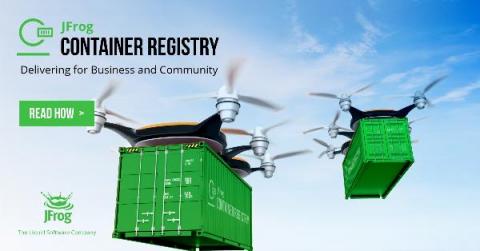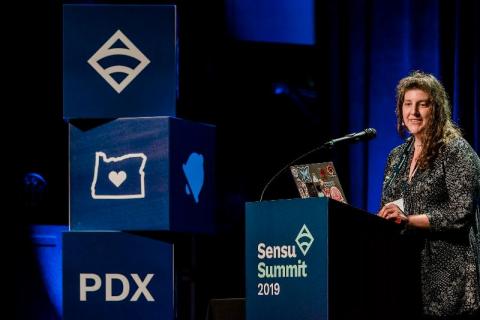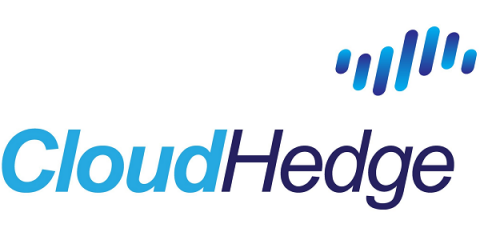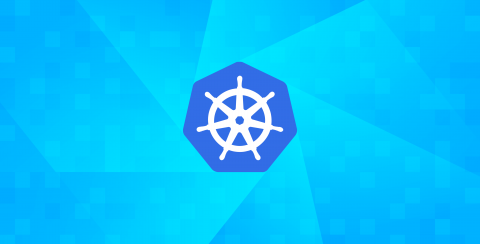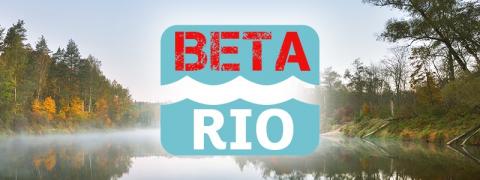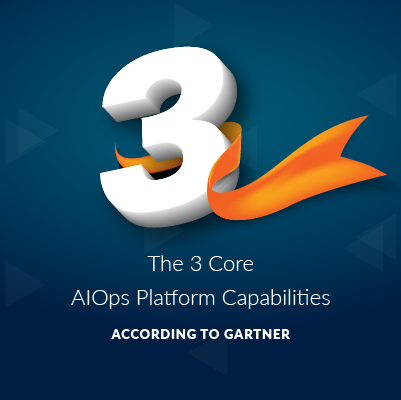JFrog Container Registry Delivers For Business and Community
Ever since container technology hit the scene in 2013, it’s generated excitement from developers and operations teams. Using containers to deliver apps and microservices helps enable large scalable deployments with smoother rollouts, accomplishing in minutes what used to take hours, if not days. Delivering the containers themselves, however, can still be challenging to do across all types of modern infrastructure.


